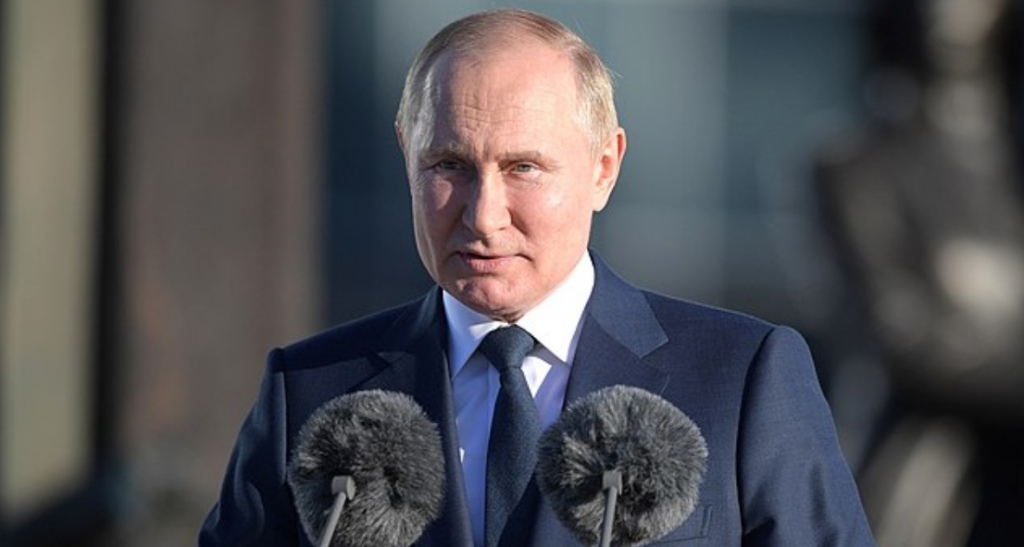The idea of removing Putin, while potentially appealing to some, involves significant risks.
Others are reading now
Recent discussions have surfaced about the potential strategic advantages and risks of removing Russian President Vladimir Putin from power, following his recent trip to Pyongyang to meet with North Korean leader Kim Jong Un.
Potentially Appealing to Some
According to Digi24 the debate centers on whether the U.S. and its allies should consider such extreme measures as orchestrating a coup or assassination during Putin’s travels.
Putin’s leadership has long been a subject of intense scrutiny. Known for his strongman image and aggressive foreign policy, Putin has steered Russia through conflicts in Ukraine and Syria, while also threatening nuclear escalation. His presidency, which began in 1999, has been marked by increasing centralization of power and a crackdown on dissent, both domestically and abroad.
The idea of removing Putin, while potentially appealing to some, involves significant risks. Historical precedents, such as the U.S. involvement in the coups against Iran’s Mohammad Mosaddegh and Chile’s Salvador Allende, show that regime changes often lead to unforeseen consequences. The U.S. assassination of Iranian General Qasem Soleimani in 2020, while intended to disrupt Iranian military operations, also showcased the complexities and potential backlash of such actions.
Also read
Weighing Benefits Against Risks
The strategic calculation for removing Putin involves weighing the benefits against the risks. Would his removal lead to a more stable Russia, or could it trigger a more unpredictable and aggressive regime? The possibility of nuclear escalation and increased hostility towards the West cannot be ignored.
Moreover, the key Russian institutions capable of challenging Putin’s rule include the Federal Security Service (FSB), the National Guard (Rosgvardia), and the Federal Protection Service (FSO). These agencies play critical roles in maintaining the current regime’s stability and could either facilitate or obstruct any coup attempt.
In essence, while the removal of Putin might seem advantageous to some, the potential for increased instability and conflict makes it a highly risky proposition. As the U.S. considers its options, the lessons from history suggest that maintaining a predictable adversary might sometimes be preferable to the uncertainties of regime change.


